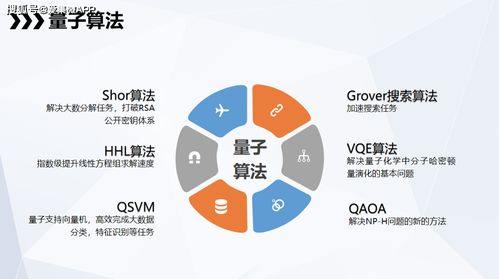Quantum data programming involves the manipulation and processing of data using principles from quantum computing. This emerging field combines concepts from quantum mechanics with classical data processing techniques to build innovative algorithms that can handle massive datasets and complex computations more efficiently than classical methods. Let's dive deeper into this fascinating subject.
In quantum mechanics, a qubit can exist in a superposition of states, representing both 0 and 1 simultaneously. This property allows quantum computers to process multiple inputs at once, providing a significant speedup for certain types of algorithms, such as database searches and optimization.
Entanglement is a phenomenon where the quantum states of two or more particles become correlated in such a way that the state of one particle instantaneously affects the state of the other, regardless of the distance between them. This feature is essential for building quantum circuits that can perform parallel computations and enhance data processing capabilities.
Quantum gates are the building blocks of quantum circuits, similar to logic gates in classical computing. By applying various quantum operations to qubits, programmers can design complex circuits to manipulate and transform data in quantum systems. Examples of quantum gates include the Hadamard gate, CNOT gate, and Toffoli gate.

Quantum data programming has the potential to revolutionize machine learning by enabling the development of quantum algorithms that can process and analyze data more efficiently than classical algorithms. Quantum machine learning techniques can be used for tasks such as clustering, classification, and regression.
Quantum computers can leverage the principles of quantum data programming to enhance cybersecurity through techniques like quantum key distribution and quantum encryption. These methods utilize the unique properties of quantum mechanics to secure communication channels and protect sensitive data from eavesdropping.
Quantum data programming can be applied to the development of quantum databases that can store and process vast amounts of information more efficiently than classical databases. Quantum databases leverage quantum parallelism to perform searches and queries in parallel, offering significant speedups for data retrieval tasks.
Despite its promising potential, quantum data programming faces several challenges, including error rates in quantum hardware, the need for error correction codes, and the scalability of quantum systems. Researchers are actively working to overcome these obstacles and advance the field towards practical applications in various industries, such as finance, healthcare, and logistics.
As quantum computing technologies continue to evolve, the future of quantum data programming holds immense opportunities for transforming datadriven processes and unlocking new possibilities for computational tasks that are currently infeasible with classical computing methods.
Stay tuned for exciting developments in the realm of quantum data programming!